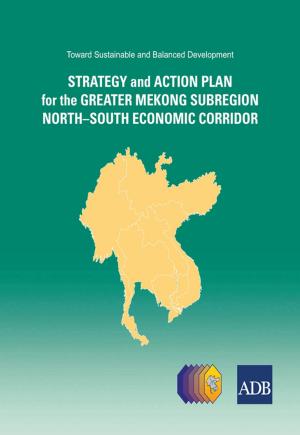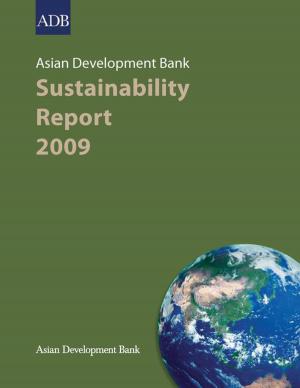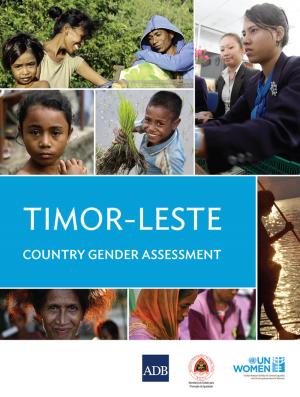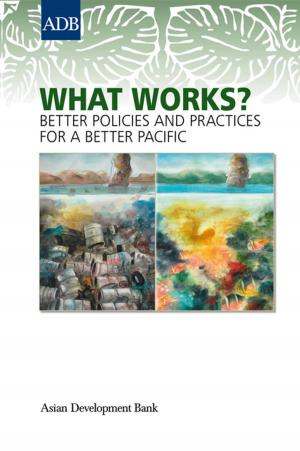Assessment of Power Sector Reforms in Asia
Experience of Georgia, Sri Lanka, and Viet Nam—Synthesis Report
Business & Finance, Industries & Professions, Industries| Author: | Asian Development Bank | ISBN: | 9789292549886 |
| Publisher: | Asian Development Bank | Publication: | July 1, 2015 |
| Imprint: | Asian Development Bank | Language: | English |
| Author: | Asian Development Bank |
| ISBN: | 9789292549886 |
| Publisher: | Asian Development Bank |
| Publication: | July 1, 2015 |
| Imprint: | Asian Development Bank |
| Language: | English |
This report examines three economies in different parts of Asia---Georgia, Sri Lanka, and Viet Nam---that introduced power sector reforms in recent years to create a commercially viable and efficient power sector. Each took a different route in moving away from a monopoly state-owned utility toward the common goal of a competitive, market-based, and better-regulated power sector. This report documents the broad spectrum of their power sector reform efforts, experiences, and relative successes as well as shortfalls, then uses international standard indicators to assess their economic, social, and environmental outcomes. Other economies should be able to draw valuable lessons and insights from this report for their own power-sector planning and policy and strategy formulation.
This report examines three economies in different parts of Asia---Georgia, Sri Lanka, and Viet Nam---that introduced power sector reforms in recent years to create a commercially viable and efficient power sector. Each took a different route in moving away from a monopoly state-owned utility toward the common goal of a competitive, market-based, and better-regulated power sector. This report documents the broad spectrum of their power sector reform efforts, experiences, and relative successes as well as shortfalls, then uses international standard indicators to assess their economic, social, and environmental outcomes. Other economies should be able to draw valuable lessons and insights from this report for their own power-sector planning and policy and strategy formulation.















